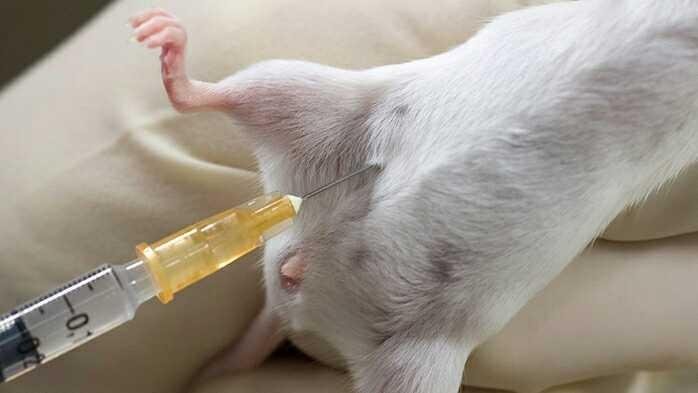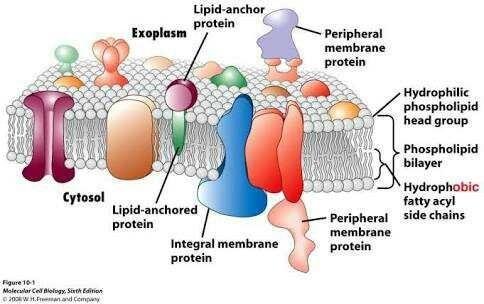Good nigth steemit friend, ?
Some people can feel itchy with just a small touch, for example when in contact with some strands of hair, exposed folds of cloth, or when sweating.
 © Provided by agushendryan
© Provided by agushendryan
The itchiness arising from such physical or mechanical stimuli in the medical world is called allocnesis.
This mechanical itching case also made medical experts from Washington University School of Medicine, St. Louis, moved to explore further what irritates and why it gets worse as it gets older for some people.
Through mice, experts reveal allocnesis associated with the loss of touch receptors in the skin.
"Itchiness that comes from touch is commonly experienced as we age, which would be a big problem if it befalls a dry person or who has a history of chronic itch," said anesthesiologist and senior researcher Hongzhen Hu told Science Alert on Friday (4/5/2018 ).
For people who have this problem, sometimes they can rip the skin because of too strong a scratch.
Tests of Young Mice and Old Rats
 © Provided by agushendryan
© Provided by agushendryan
In the findings published in the journal Science, Friday (4/5/2018), researchers used young and old rats to prove whether age factor plays an important role to the emergence of alloknesis.
The trick, they scratch the skin of mice with nylon thread. Apparently, the old mouse immediately reacted to scratch his skin.
In comparison, scientists gave harder treatment such as swiping stronger nylon threads, placing rats in hotter temperatures, and dripping histatin that stimulated itching onto the skin of mice. This results in the same response regardless of the age of mice.
Then the experts continued the experiment by dripping a solution of acetone and esters into the skin of mice. This makes the rats' skin become dry which makes the mouse want to scratch. This method emphasizes the relationship between allocesis, skin hydration, and aging.
From the experiments conducted, researchers reveal the itching is triggered by the not optimal work of touch receptors that exist beneath the surface of the skin, namely Merkel cells.
On closer examination, the researchers found Merkel cell numbers decreased in older mice and mice with dry skin.
"As the number of Merkel cells drops, touch-related itching increases," Hu said.
To ensure the low number of Merkel cells is really related to itching, the team engineered rats without Merkel cells. As a result, mice again scratched the skin non-stop.
In comparison, Hu's team also stimulated Merkel cells in other groups of mice. They found, this way can reduce the scratching response. This shows Merkel cells play a role in suppressing itching.
Merkel cell lock proteins
 © Provided by agushendryan
© Provided by agushendryan
Once traced, the team found inside the Merkel cell membrane there is a key protein channel that can inhibit the itchiness called Piezo 2.
One of the functions of the nervous system is to determine which touch to respond to and ignore, in this case by touch. According to Hu, it is done by Merkel Piezo 2 cell proteins.
"What Merkel cells actually do is unclear, but our study shows they play a role in controlling itchiness, and if you lose this cell, the ability to control the itch will also disappear," Hu said.
Hu hopes his findings may one day be used for therapy or care for those with too few receptors.
Before that happens, scientists must make sure that the mouse models in their trials are similar to humans. To that end, Hu and his team have started to move to collect skin samples from patients diagnosed with allocnesis.
THANK YOU FOR VISITING MY BLOG
👇👇👇👇👇👇
VOTE, REBLOG AND FOLLOW ME @agushendryan